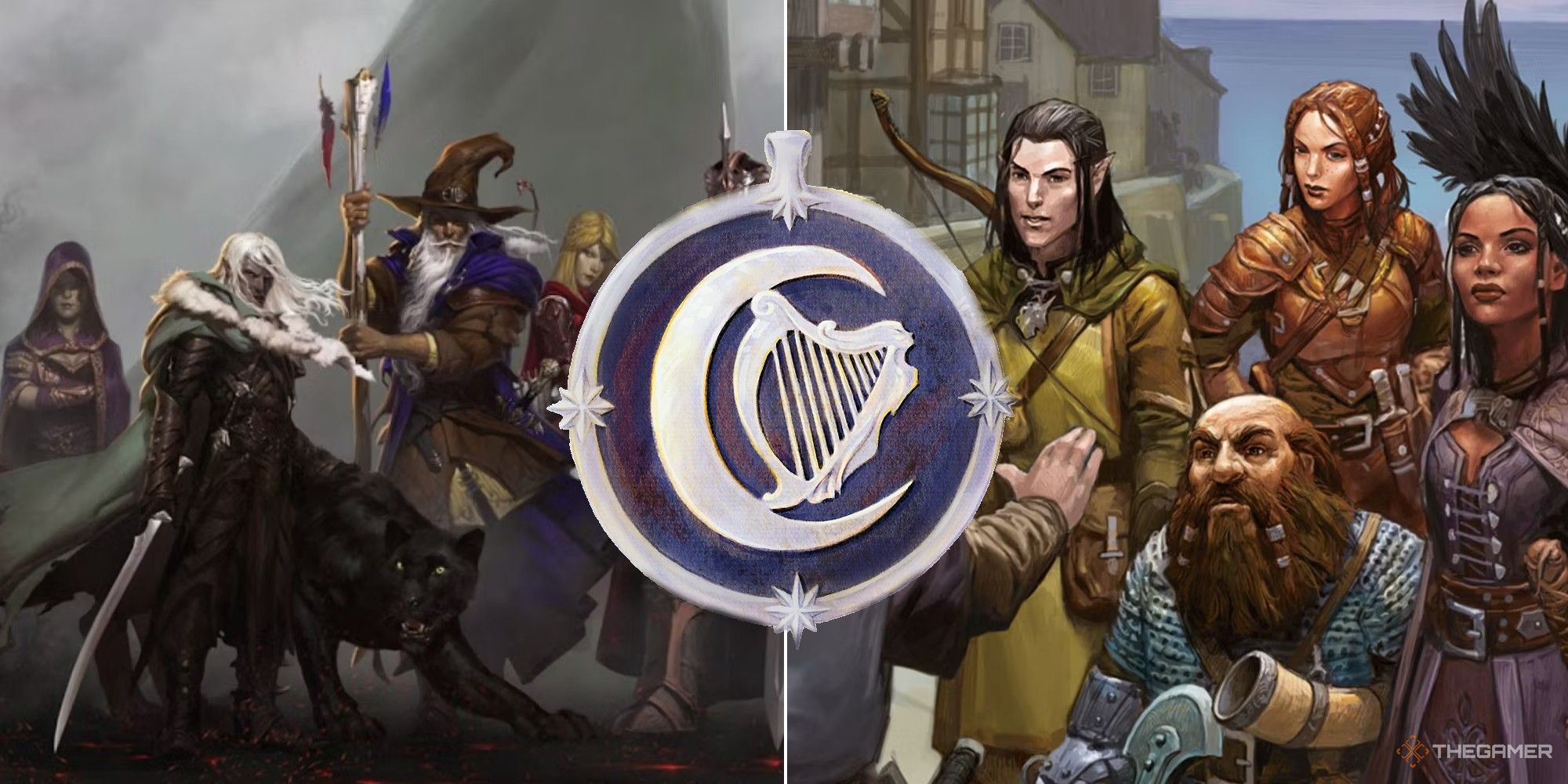
Quick Links
Whenever a campaign in Dungeons & Dragons needs a secret organization of good guys, the Harpers are there for the taking. Yet, since they’ve been used as a small rebellious group, as well as a massive spy network, not all players are sure what the Harpers really are.
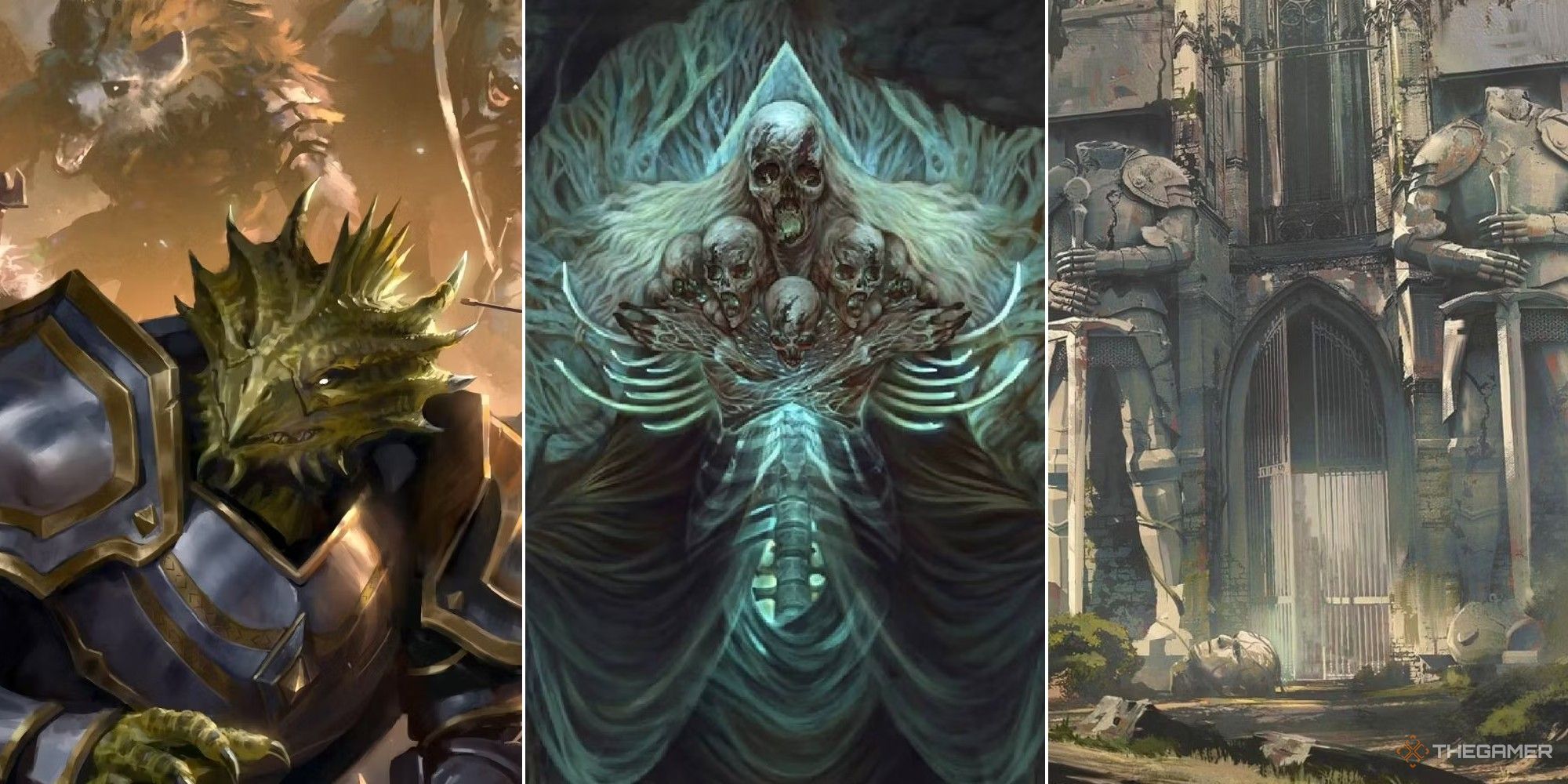
Dungeons & Dragons: What Was The Time Of Troubles?
The Time of Troubles was an era of conflicts between tablets, gods, and the overgod. Learn what devastating effects happened during this period.They’ve appeared in plenty of popular D&D content, such as the Honor Among Thieves movie or the Baldur’s Gate video game series, meaning that their importance to the lore is great. But what are their true goals, and why are they used in widely different scenarios?
The Harpers At Twilight
Long ago, there was an Elven city known as Myth Drannor, known for being a paradise of arts and knowledge. To preserve this land, Elven military leaders and some trusted Humans banded together and formed the Harpers at Twilight, choosing Dathlue Mistwinter as their leader, and her family crest as their symbol.
Many centuries later, only the Harpers’ symbol (a harp surrounded by a crescent moon) and their tenants remain, their city and leaders having fallen fighting creatures of darkness long ago. But those tenants are what keeps new people coming in, and fighting for their view of a greater good.
The Wizard Elminster is one of the Harpers’ founding members, and while he’s still alive, he doesn’t seem as involved with them now as he was back in the day.
While they’ve changed slightly from edition to edition, the tenants are understood as:
- The Harpers fight evil no matter where it's found, always leaving a place better than how they found it.
- Everyone should be free to live as they choose, as long as that freedom isn't in the way of someone else's.
- Laws can help peace expand, but Harpers make sure that those laws aren't used to oppress others.
- Balance is of utmost importance, be it between cities and forests, between people, or between the fundamental powers of the cosmos.
- A Harper works for the freedom of all beings, including itself.
- While Harpers fight evil in the realms, they also do so within. If a Harper becomes a traitor to the tenants, another Harper will take them down.
- The past must be preserved to have hope for a better future.
This all makes the Harpers a Chaotic Good organization, using subterfuge as their main strength, all while guiding nations from the shadows. Without a rigid hierarchy system, they can mold themselves into whatever is needed to further their goals, be it quiet spymasters or warring rebels.
Fighting For Balance
When Harpers say they fight to maintain balance, they don't mean balance between Good and Evil, but between civilizations and nature. This makes them work as a combination of a Druidic circle as well as a Thieves guild.
Their example of a perfect civilization is Myth Drannor, where art and nature flourished, and technology still had a place to grow. Since no such place exists anymore, the Harpers have no true headquarters, nor do they aim to build one; they hope a new Myth Drannor will rise if they keep fighting for the freedom of the common folk.
They understand the value of laws, as long as said laws aren’t used to oppress the people. While they’re chaotic in essence, they can still choose leaders among them, known as High Harpers, although other Harpers follow them out of respect rather than rank.
How To Use The Harpers In A Campaign
The point of the Harpers is how malleable they are, giving you easy access to an organization that fits any setting, and letting you decide how big or small they are at any moment. This lets the players keep the spotlight, while having a network of allies to pull from when in need.
In early levels, they’re excellent quest givers, pushing players towards overarching goals that they don’t need to be aware of at first.
For the later stages of a campaign, they work better as freedom fighters, giving astute players the workforce to achieve their goals, or plans for more passive players that don’t feel like coming up with solutions themselves.


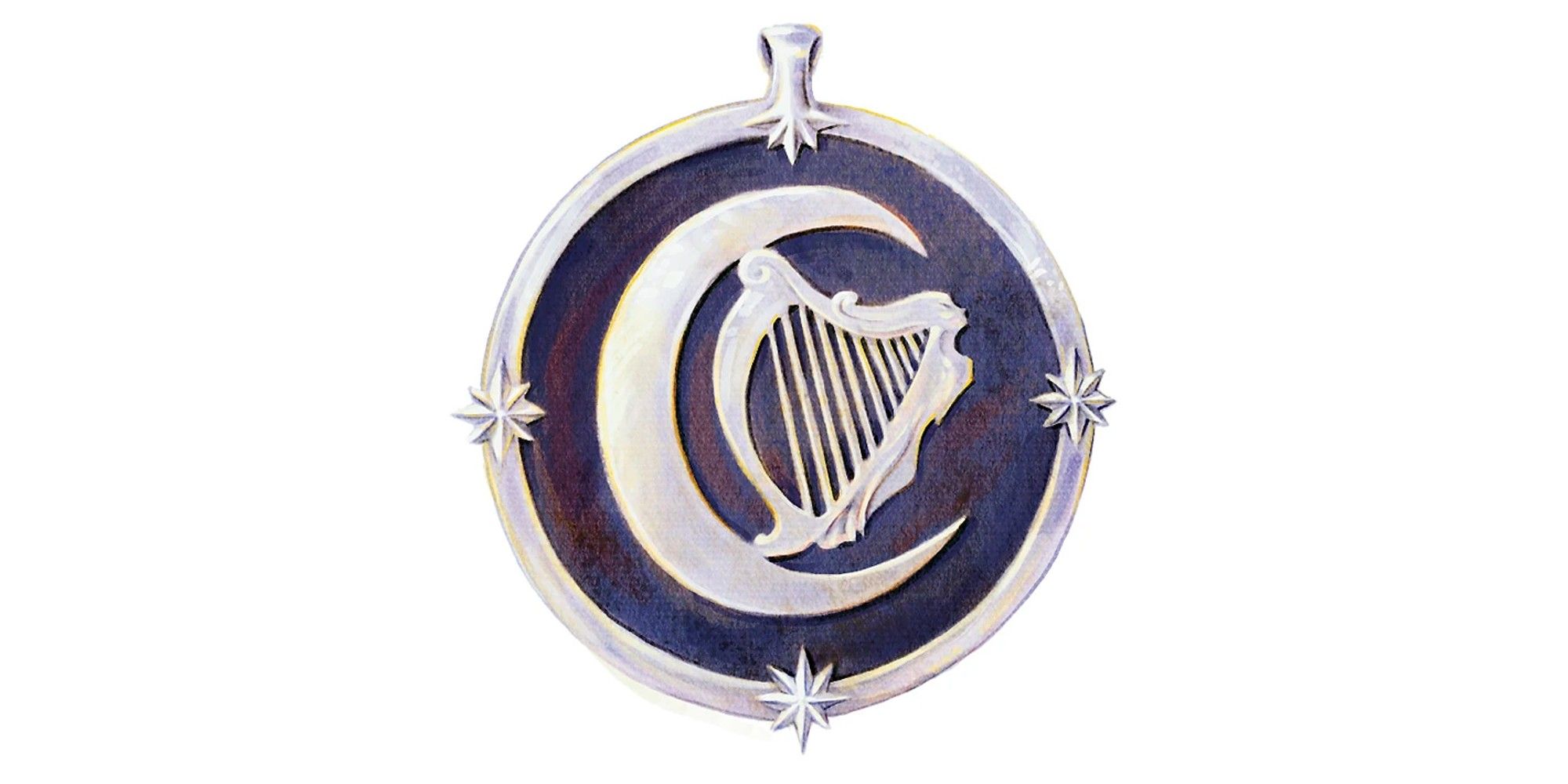
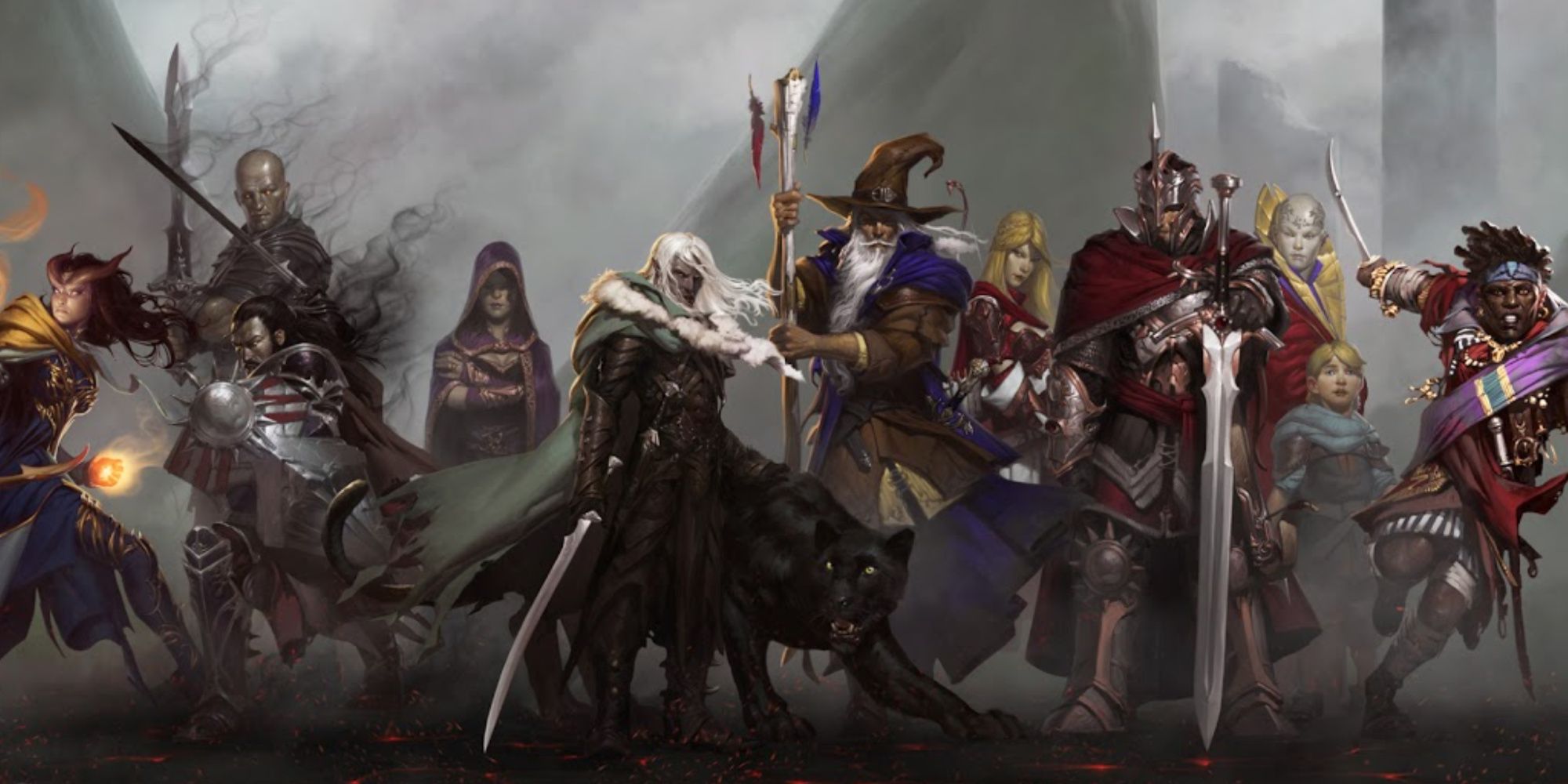
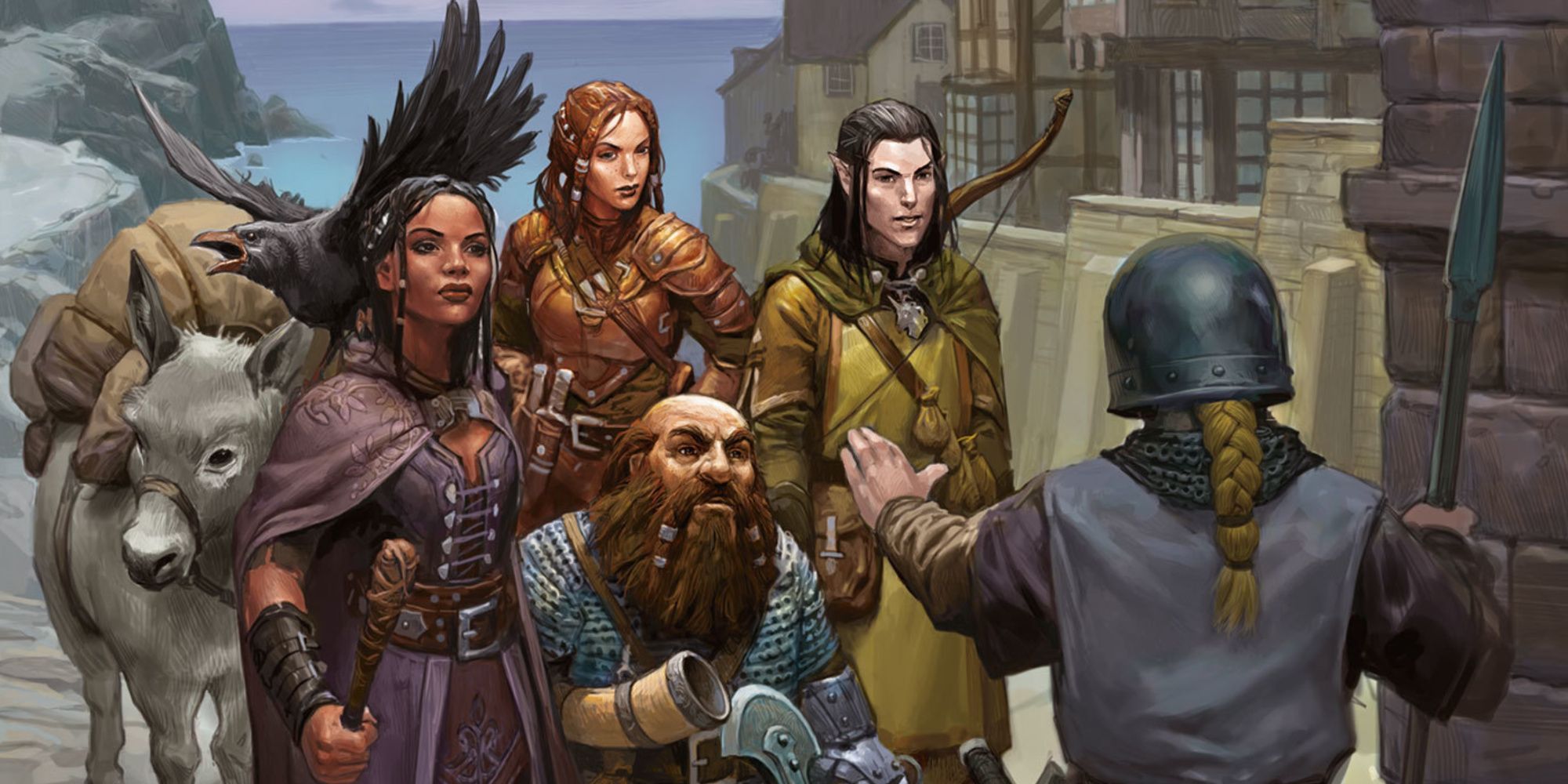
Post a Comment